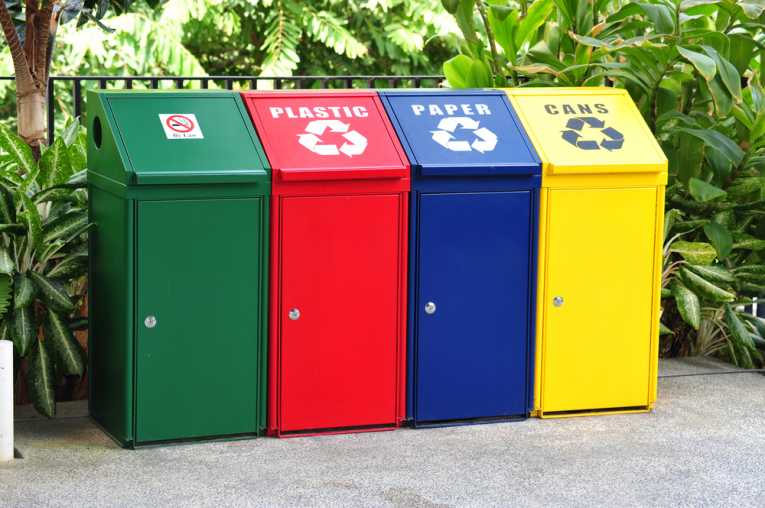Climate change is on the rise. The US Department of Energy this week released figures saying more carbon dioxide is being released into the environment, with scientists blaming a poor response by world leaders to tackle emissions.
Four years ago, climate change scientists made a prediction about the worst possible scenario for carbon dioxide levels in 2010. The actual figures are far worse.
Between 2009 and 2010 there was an increase of 6% in the amount of carbon released into the air, around 564 more tons. More pollution from US and China accounted for most of the emissions.
Developing economies like India burn huge amounts of coal. Emissions caused by burning coal increased by 8% in the same period.
John Reilly, the co-director of MIT's Joint Program on the Science and Policy of Global Change. "The good news is that these economies are growing rapidly so everyone ought to be for that, right?" Reilly said. "Broader economic improvements in poor countries has been bringing living improvements to people. Doing it with increasing reliance on coal is imperiling the world."
The controversy surrounding fracking won't go away and this week was no different. A report published this week said the technique used to extract shale gas was the "highly probable" cause for a series of earth tremors in Lancashire in April and May.
One tremor reached 2.3 on the Richter scale while another a month later hit 1.4. Locals blamed the oil and gas company Cuadrilla who are working on the Fylde coast to extract gas reserves.
The publication of the report coincided with the storming of a shale gas rig in Banks, close to Southport by an environmental group called "Frack Off" who believe fracking poses a significant risk to the local ecology because of the use of toxic chemicals in the extraction process and the potential for pollution.
The Environment Agency has criticised Thames Water saying a section of the river stretching through the capital has been "killed" by sewage stemming from Heathrow.
3,000 fish float dead in the water of the River Crane after a backup of sewage at Heathrow led to a diversion to move the waste where it risked flooding into one of the world's busiest airports, or into a small waterway. The river is now starved of oxygen. In a seven mile stretch of the Thames, anglers are warned to keep out of the water.
Thames Water issued an apology saying engineers had worked to free a gate jammed by sewage and in the end had to haul it away by road.
The company is working with the Environment Agency on a voluntary clean up.
In more positive news for the environment, household recycling rates in the UK are on the rise.
In figures released by Defra, the Department for the Environment, the percentage of household waste dispatched for recycling, composting or reuse hit 41.2%, up from 39.7 the previous year.
Of the top ten performing council, 9 had a fortnightly bin collection with a weekly food waste collection.
The best performing council was Rochford in Essex, where two thirds of domestic waste is sent for recycling.










